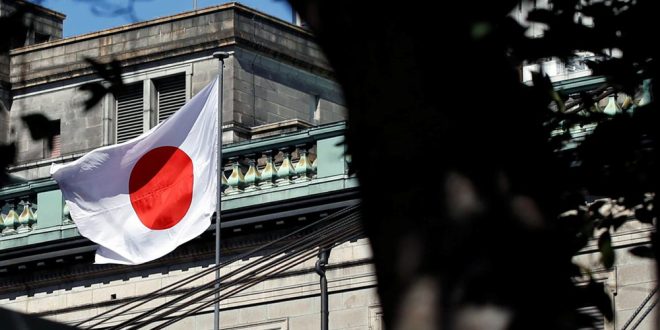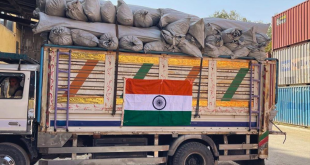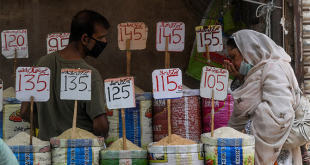KABUL – In a timely response to Afghanistan’s deepening humanitarian crisis, the Government of Japan has contributed $1.5 million to the United Nations Population Fund (UNFPA) to enhance health services for women, children, and youth in the country. The funding will specifically support underserved communities in Kandahar, Faryab, and Nangarhar provinces, ensuring access to critical maternal, reproductive, neonatal, and child health care, as well as psychosocial support.
This initiative comes as Afghanistan faces an alarming reality: more than half its population relies on humanitarian assistance, with around 17 million people urgently needing health services, according to the Afghanistan Humanitarian Needs and Response Plan 2025. Over the course of a year, the project aims to benefit approximately 60,000 women, girls, and children under five, providing lifesaving services and restoring hope to communities grappling with profound challenges.
Kwabena Asante-Ntiamoah, UNFPA Representative in Afghanistan, emphasized the importance of this support, stating, “We are grateful for the supplementary contribution from the Government of Japan that will enable UNFPA to deliver integrated and inclusive health services to the most vulnerable. At a time when Afghan women and girls face unprecedented challenges, this funding reaffirms our shared commitment to safeguarding their health, dignity, and well-being.”
The project’s key interventions include strengthening 20 Family Health Houses in Kandahar and Faryab provinces to deliver antenatal care, safe childbirth, birth spacing, and essential child health services. In Nangarhar, two Mother and Child Health Centers will be supported to provide reproductive health care, psychosocial counseling, and vocational training for women. Additionally, the initiative will distribute Mother & Baby Kits and Dignity Kits to women and girls in need and invest in the capacity building of female healthcare workers to ensure high-quality care.
With a focus on disability inclusion and community-based engagement, the project aligns with UNFPA’s mission to leave no one behind. By addressing the urgent health and psychosocial needs of underserved populations, the initiative underscores the shared resolve of Japan and UNFPA to protect and uplift the lives of Afghan women, girls, and children amid ongoing adversity.
 Afghanistan Times Latest News and Analysis from Afghanistan and the Region
Afghanistan Times Latest News and Analysis from Afghanistan and the Region



